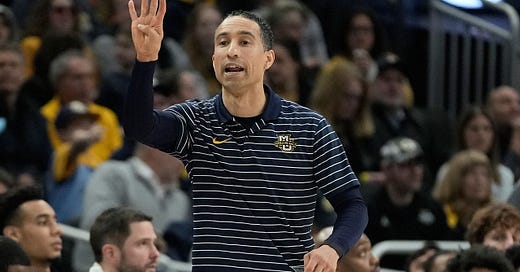Accountability: A Gift, Not a Punishment
The modern lexicon of personal growth often misrepresents accountability, casting it in a harsh light as though it were synonymous with reprimand or restriction. This misunderstanding is unfortunate, for accountability, properly understood, is not a mechanism of control nor an instrument used to suppress individuality. Instead, it is a gift—an essential force that elevates both character and potential.
To suggest accountability is punishment misinterprets its very essence. Punishment seeks to correct through suffering or deprivation, typically driven by past missteps. Accountability, by contrast, looks forward to future improvement. It is a framework for progress, not a backward-looking measure of guilt. Through accountability, individuals are liberated, not constrained, as it compels them to reach beyond their current capabilities and strive for a higher level of existence.
Those who embrace accountability are empowered by its transformative potential. This process is not about bending under the weight of others’ expectations, but about recognizing the value of measured self-reflection and external critique. People who avoid accountability are often trapped in the dangerous illusion of conflating comfort with contentment. Through accountability, we gain clarity, free from the distortions of self-deception or the validation of unchallenging peers.
The individuals we surround ourselves with are instrumental in this pursuit. There are those who coddle us with empty reassurances, allowing us to settle into mediocrity. Though their intentions may not be harmful, their effect is corrosive. Failing to demand more from us, they contribute to stagnation. These individuals become enablers, content to watch us drift in the shallow waters of complacency, never urging us toward the depths where real growth occurs.
Conversely, those who challenge us—the ones who dare to speak hard truths—are invaluable. Their critiques, though uncomfortable, provide the tension necessary to stretch beyond our current limitations. Far from being adversaries, these individuals are true allies, pushing us to transcend our weaker instincts, forcing us to confront our shortcomings, and propelling us toward excellence.
This dynamic comes with its challenges, requiring both humility to accept critique and discipline to act upon it. Yet, the rewards far outweigh the discomfort. By embracing accountability, we gain not only knowledge of our shortcomings but also the tools for improvement. This process of continual self-evaluation and external feedback becomes the driving force toward excellence. Accountability, then, is not merely a tool for individual betterment but a crucial pillar of meaningful progress.
Viewing accountability as a gift, rather than punishment, demands a shift in perspective. Rather than seeing it as a judgment passed upon us, it should be regarded as a standard we willingly uphold. Accountability signifies ownership—ownership of our actions, our goals, and ultimately our success. Through this ownership, we cultivate lives rooted in self-discipline and nourished by the honesty of others.
Therefore, we should not shy away from those who hold us accountable. Instead, we should seek their company, understanding that only through their candidness and their willingness to push us beyond our limits can we truly grow. The path to excellence is not paved with comfort but with the hard stones of critique and self-assessment. In this journey, accountability serves as our guide, not as a punishment, but as a gift for those prepared to embrace it.



